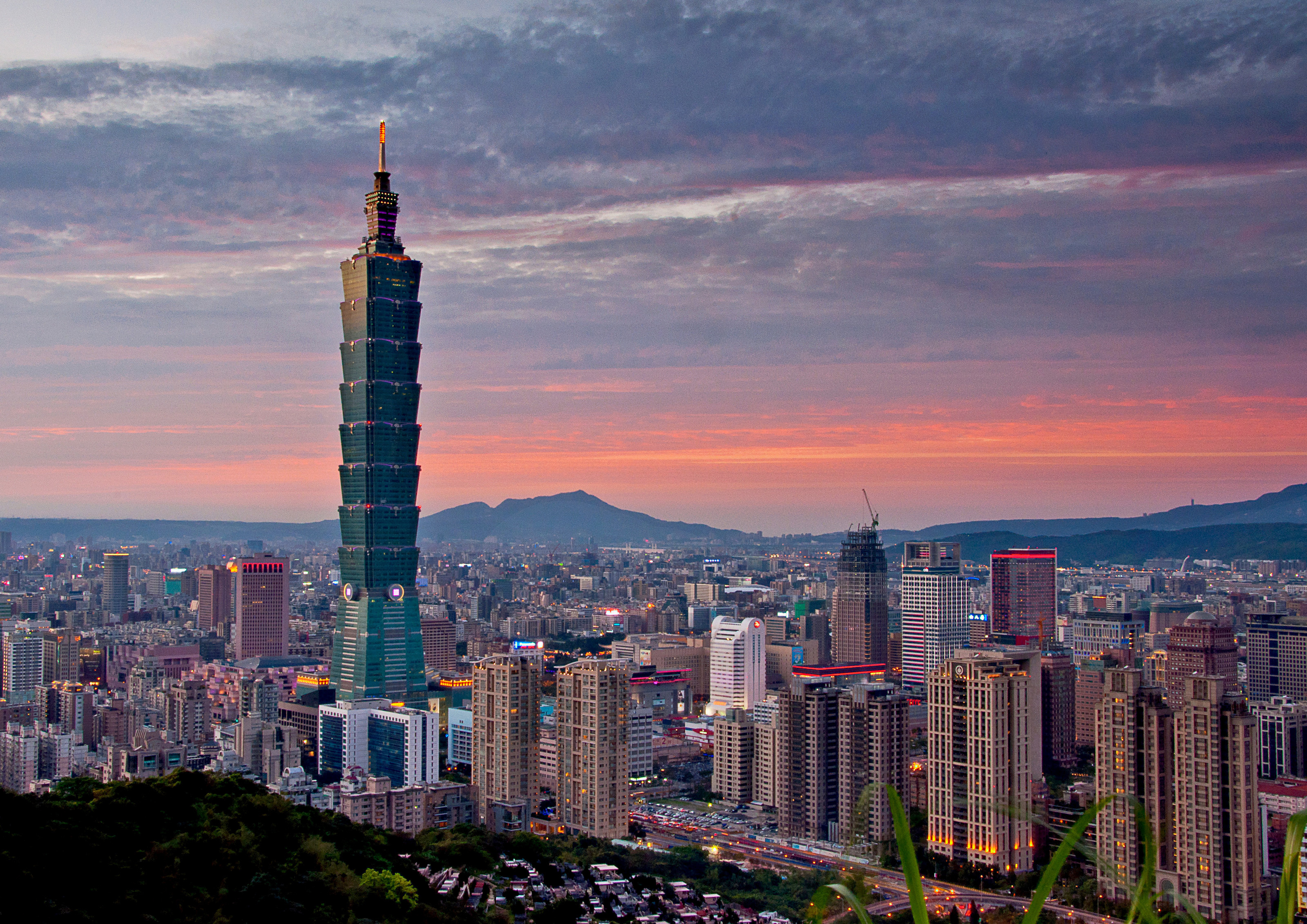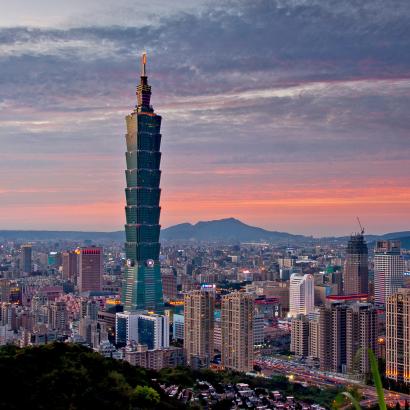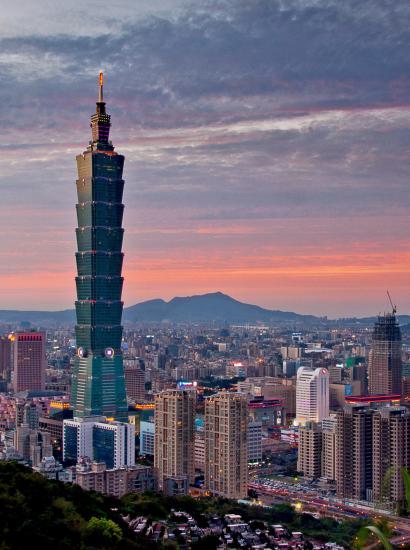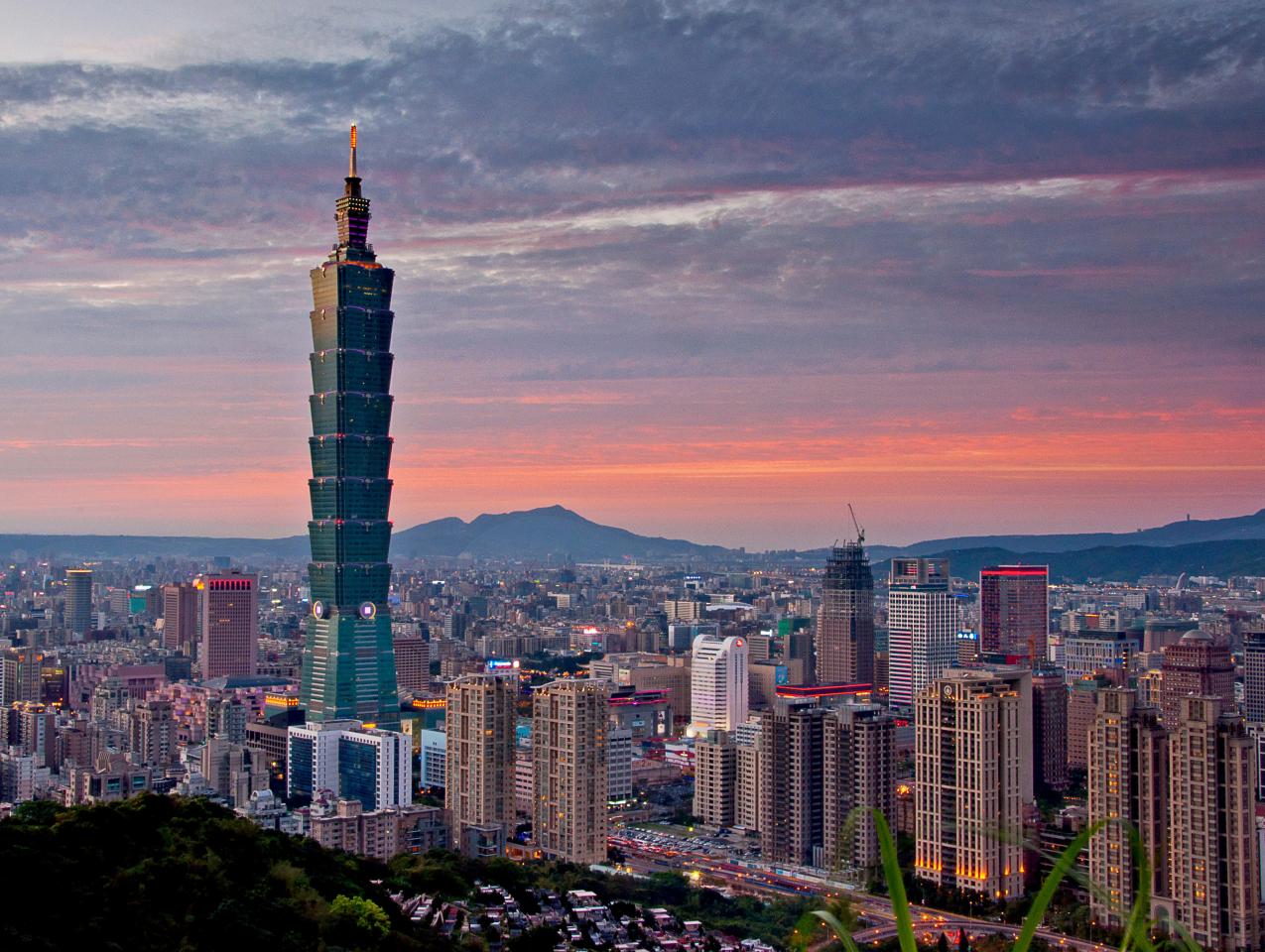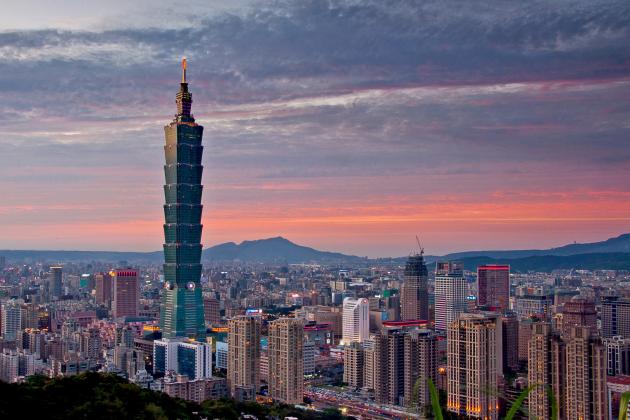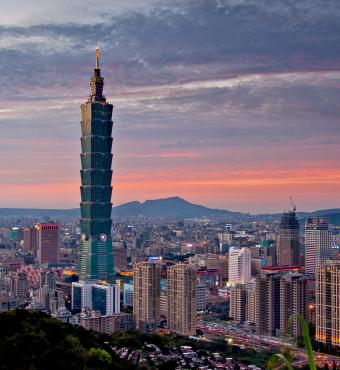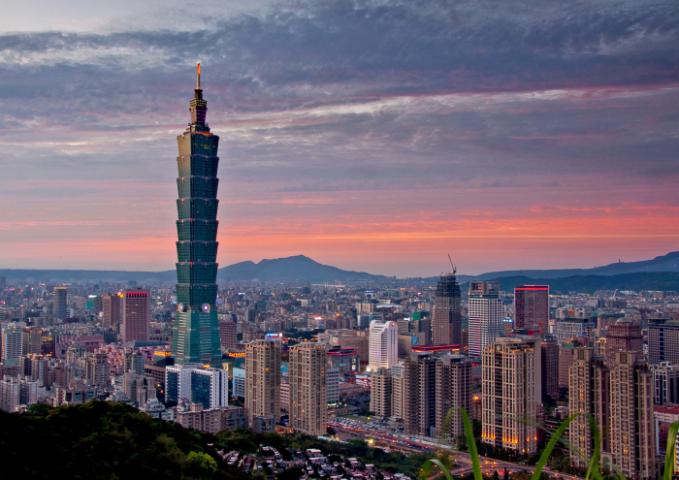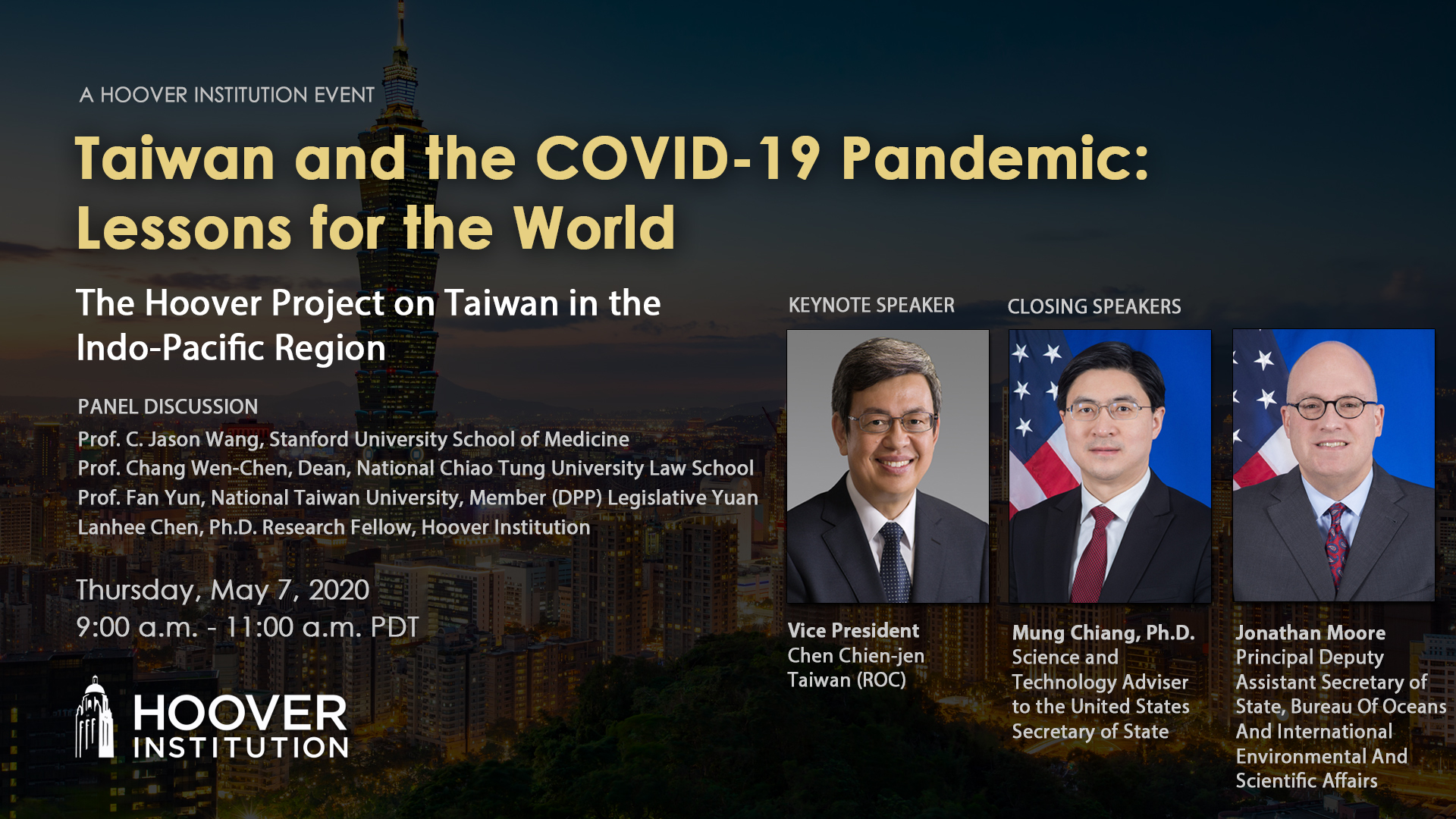Past experience with infectious diseases and persistent threats from the People’s Republic of China prepared Taiwan for its successful crisis response to the COVID-19 pandemic, argued its vice president Chen Chien-jen and other experts on the island country’s public health system, laws, and civil society during a Hoover web conference on May 7, 2020.
The discussion was part of a series of events hosted by Hoover’s project Taiwan in the Indo-Pacific Region, chaired by Senior Fellow Larry Diamond and managed by Visiting Fellow Glenn Tiffert.
“We learned the hard way with SARS,” said Vice President Chen, an epidemiologist by training and head of the health ministry during that outbreak in 2003, which resulted in 346 cases and 74 deaths in Taiwan.
He explained that while COVID-19 hasn’t spared Taiwan, the country has been able to significantly curb the spread of the virus because of the preventive measures it has taken, including border controls, quarantine protocols, an abundant supply of personal protective equipment, and expansion of hospital capacity.
In addition, he said, government transparency was central to earning the public’s trust and cooperation for the restrictive public health measures it imposed nationwide.
Vice President Chen’s address was followed by a discussion featuring Jason Wang, professor at the Stanford University School of Medicine; Chang Wen-Chen, dean of National Chiao Tung University Law School; Fan Yun, professor of National Taiwan University and member (DPP) of the Legislative Yuan; and Lanhee Chen, research fellow at the Hoover Institution. Concluding remarks were given by Mung Chiang, science and technology adviser to the US secretary of state; and Jonathan Moore, principal deputy secretary of state for the bureau of oceans and international environmental and scientific affairs.
Jason Wang gave a detailed outline of government reforms that created the conditions for Taiwan’s effective management of the public health crisis. He explained how, following the SARS outbreak nearly two decades ago, the government established a National Health Command Center to manage public health emergencies and unified under its authority respective agencies that are charged with responses to epidemics, biological pathogen disasters, bioterrorism, and medical emergency operations.
He explained that the command center became active on January 20, a little more than one week after mainland China reported its first case of COVID-19.
The government also integrated data between its immigration and health agencies. Travelers returning to Taiwan were assessed at their point of entry, and were immediately placed in quarantine for fourteen days if they showed symptoms of COVID-19. The data obtained by the health ministry was also used to separate individuals into high-risk or low-risk groups according to their place of origin and destination within Taiwan.
Throughout the course of the pandemic, Taiwan has counted a total of 439 cases of COVID-19, and just six deaths, despite its proximity and extensive ties to China.
“Since actions were taken quickly, Taiwan has been able to relax restrictions,” Wang maintained.
Workplaces and schools have reopened, and Taiwanese are now beginning to attend baseball games and participate in other recreational activities. The low caseload has also allowed the government to donate its surplus supply of masks and other personal protective equipment to countries more severely affected, thus developing goodwill and increasing Taiwan’s stature in the international community.
Chang Wen-Chen’s presentation was focused on how Taiwan’s Communicable Disease Control (CDC) Act provided the legal framework for the government’s efficient response to the pandemic. She argued that an expansive reading of the law permits the government to mandate isolation, quarantines, and high-tech surveillance of individuals.
Chang maintained that while some have criticized the government’s measures as excessive, Taiwan’s Supreme Court affirmed their constitutionality, provided that individuals under quarantine be justly compensated. She added that specific articles of the CDC as well as the Personal Data Protection Act restrict medical professionals from publicly disclosing health information, and impose harsh penalties for violations of the law.
Fan Yun contended that even with a strong legal framework in place, the government didn’t need to enforce measures such as social distancing, because its population largely complied voluntarily.
“The government trusts the people, and the people trust the government,” said Fan.
Fan explained that Taiwan’s civil society also exhibited a robust response to the crisis. For instance, volunteers across the country delivered care packages to health-care workers and individuals under quarantine. She attributed the government’s restraint to Taiwan’s rapid democratization over the past four decades, and the people’s willingness to challenge any inclination state officials might have to expand their own power.
Lanhee Chen concluded the panel by arguing that advancing Taiwan’s success story and supporting its membership in the World Health Organization should not be viewed as small-scale skirmishes.
Chen explained that China has exploited the pandemic to reshape the international order and exercise economic leverage over other countries. In contrast to Beijing’s authoritarian model of governance, Taiwan has demonstrated to the world that a sophisticated public health response can also have the hallmarks of government transparency, participatory democracy, and respect for the rule of law.
Chen maintained that United States’ engagement with Taiwan amplifies these values throughout the Asia Pacific region. He added that strong relationships between free societies help the world better understand and manage the COVID-19 crisis, as well as other important transnational issues that benefit from a “healthy exchange of information, personnel, and the best thinking.”
Video of remarks by Vice President Chen Chien-jen’s presentation.
Audio of panel discussion featuring Jason Wang, Chang Wen-Chen, Fan Yun, and Lanhee J. Chen.
Video of remarks by Mung Chiang, science and technology adviser to the US secretary of state.
Transcript of remarks by Jonathan Moore principal deputy assistant secretary, Bureau of Oceans and International Environmental and Scientific Affairs.







